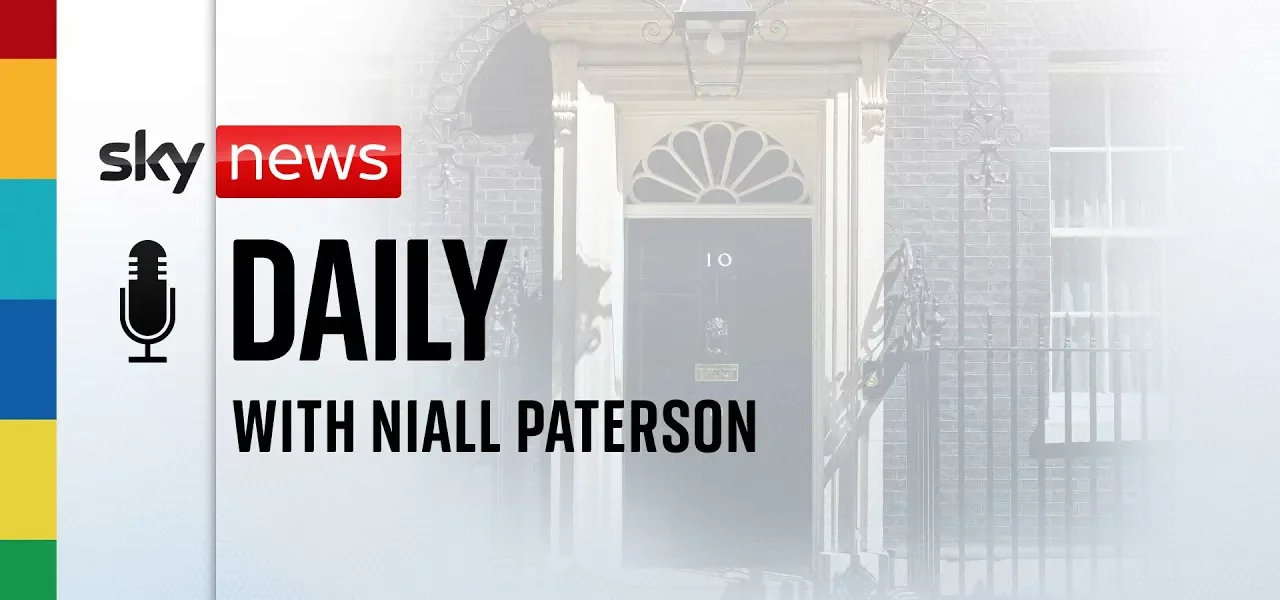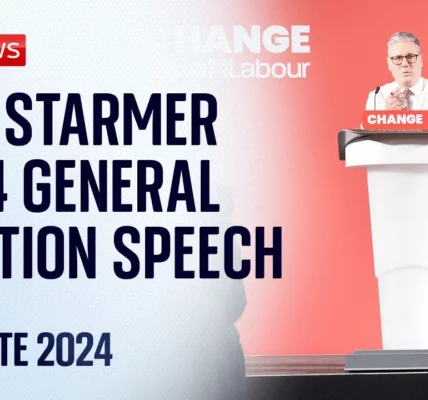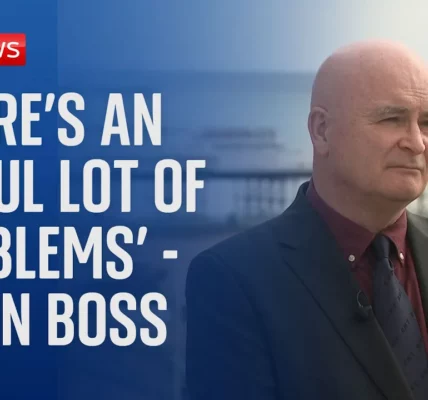Politics: The Rise of Smaller Parties in the UK Election Landscape

The political arena in the UK is witnessing a significant transformation, with an increasing focus on smaller parties that are capitalizing on voter dissatisfaction with the traditional two-party system. This article explores the dynamics at play as the election approaches, examining the potential impact of these smaller parties on the overall political landscape.
Introduction
Politics has always been characterized by a competitive landscape where winners and losers emerge. As the UK gears up for its upcoming elections, the focus predominantly lies on the major players—Labour and the Conservatives. However, a noteworthy shift is underway as smaller parties, such as the Greens and the Liberal Democrats, begin to gain traction among disillusioned voters. This article delves into the nuances of this electoral shift, the strategies employed by these smaller parties, and the implications for the future of UK politics.
The Current Political Climate
The UK political landscape is rife with challenges for the major parties, primarily Labour and the Conservatives, as they navigate public sentiment and voter expectations. Recent polling data indicates a troubling trend for these parties, highlighting a growing discontent among voters.
Polling Trends and Voter Sentiment
The latest YouGov poll reveals a significant decline in the combined vote share of Labour and the Conservatives, dropping to around 56%. In contrast, during the 2017 election, these two parties commanded an impressive 82% of the vote. This shift illustrates a broader trend of voter disillusionment and a burgeoning interest in alternatives.
Challenges for Major Parties
- Labour’s leadership under Keir Starmer is facing skepticism, with nearly half of the electorate believing he would be a poor Prime Minister.
- Conservative support appears to be eroding, with many traditional voters expressing interest in smaller parties like Reform.
- Both parties are struggling to resonate with a public increasingly frustrated with the status quo.
The Rise of Smaller Parties
In this shifting political landscape, smaller parties are beginning to carve out a niche, presenting themselves as viable alternatives to the established order. The Greens, Liberal Democrats, and Reform Party are particularly noteworthy in this context.
The Greens: Capitalizing on Local Election Success
The Green Party recently launched a new manifesto, building on strong local election results. They are positioning themselves to contest multiple Westminster seats, appealing to voters concerned about environmental issues and social justice.
- Focus on taxing the wealthy and increasing National Insurance for higher earners.
- Emphasis on climate action, attracting younger voters who prioritize environmental concerns.
Liberal Democrats: Riding the Momentum
The Liberal Democrats have experienced a resurgence in polling, partially attributed to their strategic campaigning and Ed Davey’s dynamic public persona. Their focus on key issues, such as healthcare and education, resonates with voters looking for alternatives.
- Efficient ground campaigns targeting swing constituencies.
- Potential to gain 30 to 60 seats based on current polling.
Reform Party: A New Force in Politics
Under the leadership of Nigel Farage, the Reform Party aims to disrupt the traditional conservative voter base, capitalizing on frustrations with the current government. Their rise in polls indicates a significant shift in voter behavior.
- Increased candidate nominations, up by more than 35% since the last election.
- Aiming to appeal to disillusioned Conservative voters, especially in traditional constituencies.
The Implications of Smaller Parties’ Success
The emergence of smaller parties poses challenges for the Labour and Conservative parties, particularly within the context of the UK’s first-past-the-post electoral system. As voters explore their options, the dynamics of political power could shift dramatically.
Voter Discontent and Its Consequences
As evidenced by polling data, public trust in politicians is at a record low. Voters express dissatisfaction with the major parties, leading to a potential increase in support for smaller parties.
- Many voters feel that neither Labour nor the Conservatives are adequately addressing their concerns.
- Smaller parties are viewed as more relatable and responsive to grassroots issues.
The Role of Electoral Reform
Discussions around electoral reform are gaining traction, as many voters believe that the current system does not accurately represent their choices. While it remains a complex issue, the desire for proportional representation could reshape future elections.
Conclusion
As the UK approaches its elections, the rise of smaller parties underscores a significant shift in the political landscape. Voter dissatisfaction with the traditional two-party system opens the door for these parties to gain influence and potentially alter the balance of power. The future of UK politics may very well depend on how these smaller parties navigate the current climate of discontent and whether they can translate growing support into tangible electoral success.
As we move forward, it is crucial for voters to consider their options thoughtfully. Engaging with the political process and exploring the platforms of smaller parties could lead to a more representative and responsive government. Stay informed and participate in shaping the future of UK politics.
“`




